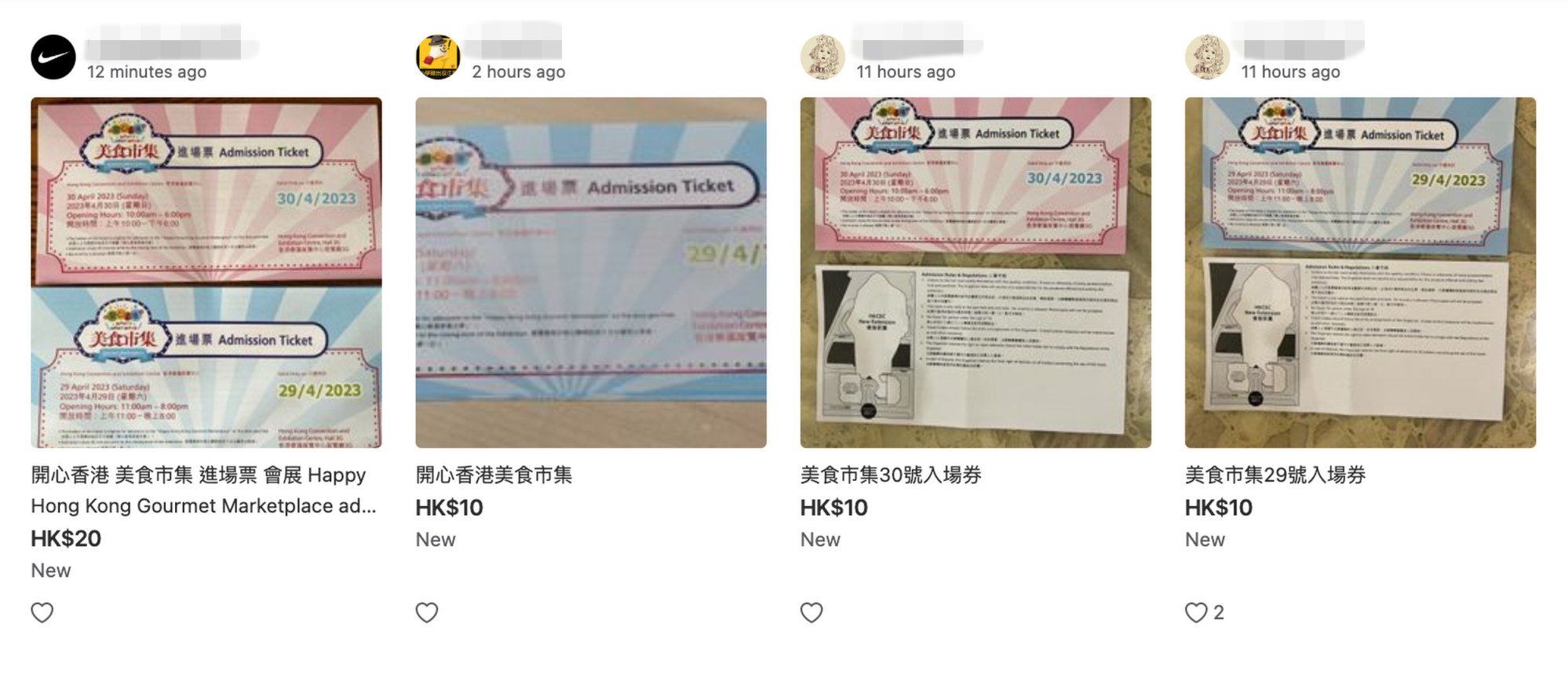Hong Kong News

Creating a truly ‘Happy Hong Kong’ will take more than freebies and fairs
Look around at all the happy faces the government has brought back with a food fair and heavily discounted movie tickets. The government launched its “Happy Hong Kong” campaign this Labour Day weekend, with the offer of 200,000 movie tickets priced at HK$30 (US$4), a fraction of the usual cost.
A good bargain is hard to resist. The hundreds of people who queued up outside theatres last week were a testament to that. Happiness was apparently to be found at the end of these queues, not down some yellow brick road.
But the best things in life are free, you say? Our government has that covered, too, with free entry to the Happy Hong Kong Gourmet Marketplace, featuring offerings from 100 food stalls, at the Convention and Exhibition Centre in Wan Chai. Around 100,000 tickets were distributed through the 18 district offices.
Organisers even included a play area for children so parents can enjoy some me-time at the fair. Just click your heels together three times and be transported to a space where you can stuff your face without a care in the world. What else could you ask for?
Let’s start with a bit of a reality check for the government. Our scalping industry is alive and well, despite the government’s efforts to shut them down.
Just look at how scalpers have been booking our public sports facilities. Even after the government toughened anti-scalping measures, scalpers simply made the new rules into a new source of revenue as they charged people more.
Scalping is commonplace now for popular events and concerts. The most outrageous example had to be a ticket being sold at HK$438,102 on reseller platform Viagogo for a concert last year by Mirror, a popular local boy band.
Just last week, scalpers were selling tickets to a free open day of a popular primary school for up to HK$200 each. No one should be surprised that free food fair tickets have been offered on reselling platforms such as Carousell. Not anticipating scalping speaks to the unpreparedness of the government.
 A screenshot of scalpers offering Gourmet Marketplace tickets on Carousell for around HK$10 each.
A screenshot of scalpers offering Gourmet Marketplace tickets on Carousell for around HK$10 each.
The discounted movie tickets didn’t bring much happiness when online ticketing systems were shut down because they couldn’t cope with the demand and traffic. For all the lip service this administration has given to turning Hong Kong into a “smart city”, the queues in front of cinemas told a different story.
It’s also telling what our government thinks will bring us happiness – discounts and freebies, food and entertainment. These are distractions from the harshness of everyday reality, which includes inflation that is taking a toll on residents. While inflation is relatively mild here compared to other places, families still need to tighten their belts.
We face electricity and transport price increases. For low-income families, life has only become more expensive. A free food fair and discounted movie tickets don’t do much in terms of turning up the merriment. A click of the heels will not take the burdens of life from our shoulders.
As we celebrate Labour Day without much fanfare and definitely no rallies, we should focus on the long-term issues the city’s workers face, such as wages, working hours and occupational safety. Last week’s fatal accident of a cleaner falling down a lift shaft is a sad reminder of their plight.
It is a shame that our workers can’t be assured of safe working conditions. In September last year, a crane collapsed at a construction site in Sau Mau Ping, killing three workers and injuring six others. Importing workers will not fix these problems. Construction sites must be made safe, people must be held accountable and the government must inspect construction sites before accidents happen.
Two hours spent at the films or a food fair might be a nice treat, but boosting the happiness of people here will require much more than a “Happy Hong Kong” campaign.











